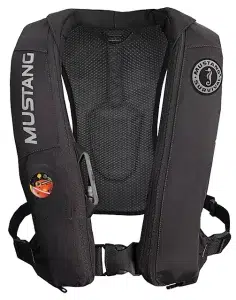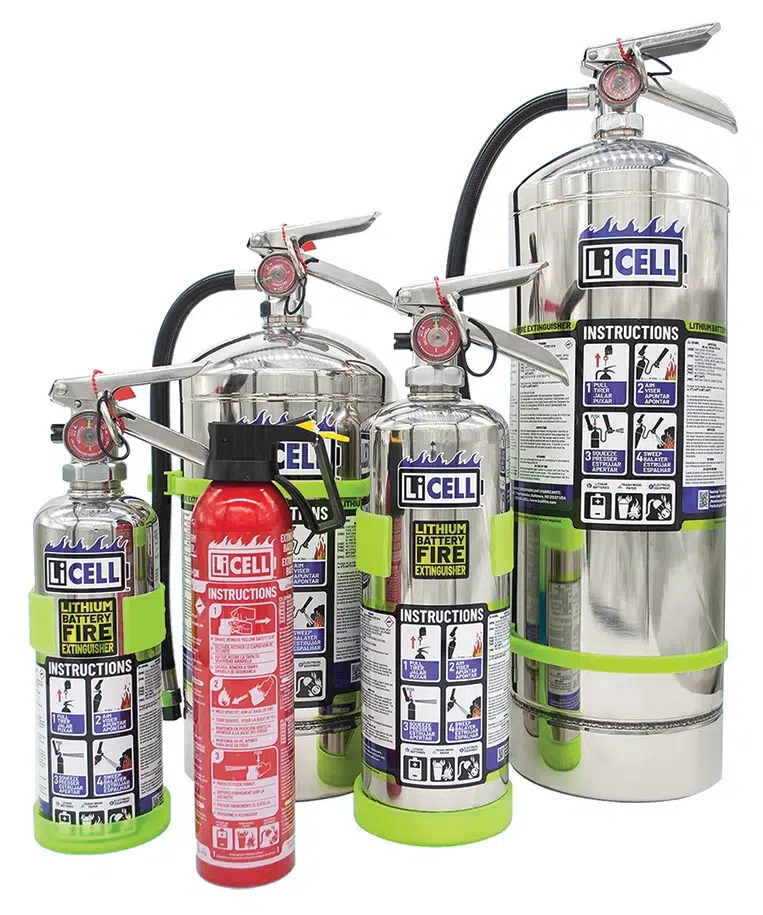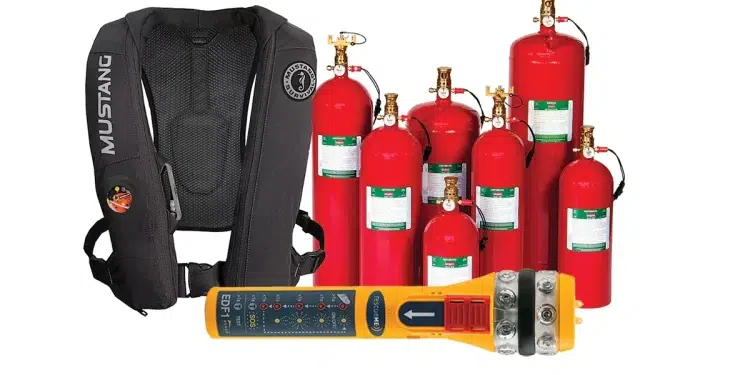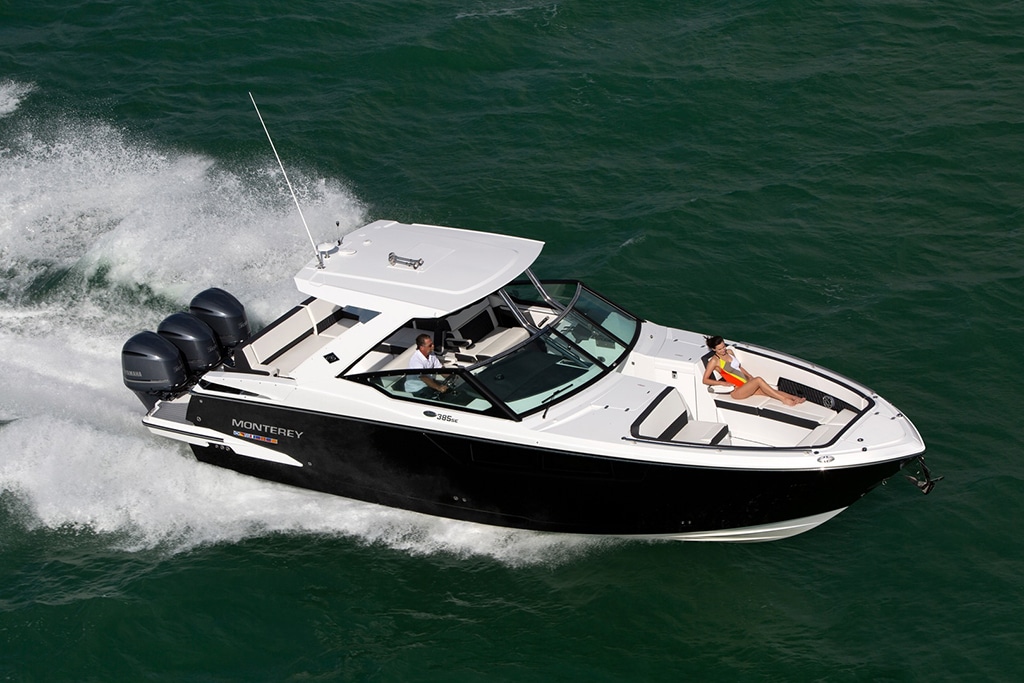The crucial role of checking expiration dates on boating safety equipment
Boating safety equipment can make the difference between a smooth sailing experience and a potential maritime disaster. Embarking on a boating adventure is an exhilarating experience that promises the freedom and the beauty of the open water. However, amid the excitement, it’s essential for boaters to prioritize safety by diligently checking the expiration dates of crucial safety equipment. From emergency flares to fire extinguishers, these items are significant in keeping your passengers safe.
The Vital Role of Emergency Flares in Maritime Safety
How to Properly Store and Inspect Your Emergency Flares
When night falls, or adverse weather conditions strike, emergency flares become beacons of hope. These pyrotechnic signals are indispensable for alerting rescuers to your location in times of distress. However, they also come with an expiration date, and counting on outdated flares can compromise your ability to attract attention when it matters most.
Manufacturers typically recommend replacing flares every three to four years. Regularly check the expiration date and dispose of any expired flares responsibly. Additionally, inspect the flare’s casing for cracks or damage, as exposure to moisture can impact their effectiveness.
Life Jackets: Ensuring Longevity and Reliability
Inspecting Life Jackets: What to Look For

When checking life jacket expiration dates, pay attention to the manufacturer’s guidelines. Most have a recommended service life of around 10 years, but this can vary based on the specific type and usage conditions. Exposure to sunlight, saltwater, and harsh weather conditions can accelerate wear and tear, necessitating more frequent inspections.
Regularly examine the straps, buckles, and fabric for signs of fraying, fading, or other visible damage. Also, even though a CO2 cartridge in an inflatable life jacket doesn’t have an expiration date, it’s good to check its conditions and advisable to replace every five years.
Remember, a life jacket may look fine on the surface but might harbor hidden issues that only become apparent in a crisis. Don’t leave your safety to chance—a well-maintained life jacket could be your best friend on the water.
Your First Line of Defense With Boating Safety Equipment

Fire Extinguisher Maintenance Checklist
Aboard a vessel, fire is one of the most formidable foes. Fire extinguishers are the first line of defense, capable of swiftly quelling flames before they turn a pleasant day on the water into a catastrophe. However, relying on an expired fire extinguisher is akin to navigating uncharted waters without a compass—it might not lead to a favorable outcome.
Most marine fire extinguishers have a lifespan of 5-15 years, depending on the type. Refer to the manufacturer’s recommendations and inspection guidelines to ensure your extinguisher remains shipshape. Regularly check the pressure gauge to be sure it’s in the green zone, and inspect for any visible damage or corrosion.
Subscribe Here For Weekly Updates
Consider the challenges of the marine environment—salty air, humidity, and constant exposure to the elements. These factors can expedite the aging process of your fire extinguisher. Regular maintenance will help guarantee that your extinguisher is ready to tackle any blaze that may threaten your vessel.
The importance of reliable safety equipment on the open water cannot be overstated. Emergency flares, life jackets, and fire extinguishers are the guardians of our seafaring adventures. Regularly checking expiration dates and conducting thorough inspections are not just a matter of compliance; they are a commitment to the safety and well-being of everyone on board.













